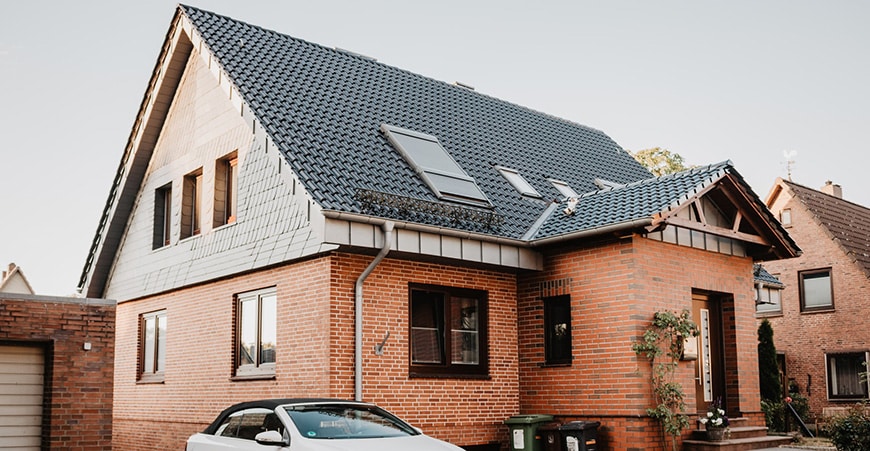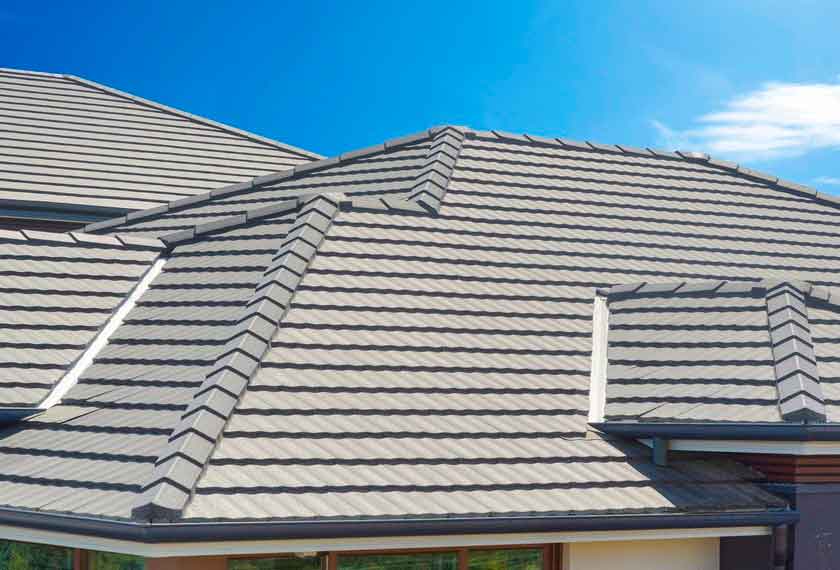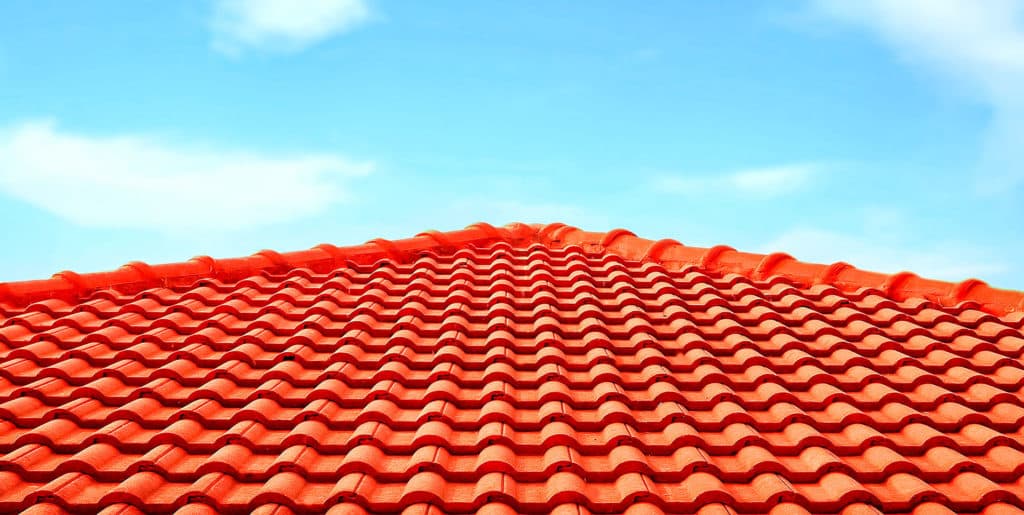Roofing is a major construction project and one of the most expensive investments for homeowners. It can be difficult to determine what type of warranty roofing companies have in Arizona. The aim of this article is to explore the various types of warranties offered by roofing companies in Arizona, including their duration and coverage areas.
The primary purpose of warranties provided by roofing companies is to protect consumers from any potential damage or defects due to poor workmanship or defective materials. Warranties also provide peace of mind that repairs will be done if needed during the life cycle of the product. Generally, there are three main types of warranties available: manufacturer’s limited warranty, contractor-backed warranty, and extended labor and material warranty.
Definition Of Roofing Warranties
A roofing warranty is a legally binding document between the contractor and homeowner that outlines the terms of service rendered. It provides protection for both parties in case any part of the installation or materials fails within an agreed-upon time period. In Arizona, most warranties cover labor, parts, and materials used to repair or replace a faulty roof system.
Typically, these warranties are broken down into two types: manufacturer’s warranties and contractor’s labor warranties. Manufacturer’s warranties protect against defects in material used to construct the roof such as shingle granules lifting off from wind damage. Contractor’s labor warranties protect against improper installation leading to water penetration or other damages due to negligence during construction. Most contractors offer at least one year’s coverage on their workmanship while some extend it up to five years depending upon location and scope of work performed.
Types Of Roofing Warranties
In Arizona, roofing companies typically offer a variety of warranty options. The most common types are warranties for materials and labor, manufacturers’ warranties, and extended service contracts. A material and labor warranty covers the cost of repairing or replacing any defective products used in the installation process as well as any issues that may arise due to workmanship errors.
This type of warranty usually lasts between five and twenty-five years depending on the company’s policy. Manufacturers’ warranties cover only defects in manufacturing or design flaws, but they tend to be longer than material and labor warranties, lasting up to fifty years in some cases. Extended service contracts provide additional coverage beyond what is offered by either material and labor or manufacturer’s warranties; these contracts can cover repair costs due to normal wear and tear within a specified period of time.
Who Is Covered By The Warranty?
In Arizona, most roofing companies offer a warranty that covers the labor and materials used to install roofs. The extent of coverage varies based on the specific company’s policies, but typically includes repairs or replacement for up to ten years from the date of installation against any defects in material and/or workmanship. It is important to note that warranties may not cover damage caused by natural disasters such as hail, windstorms, floods, etc., unless specifically stated otherwise. Furthermore, homeowners should be aware that normal wear-and-tear over time will likely void the warranty; this applies even when using high-quality materials.
The primary beneficiary of these warranties is usually the homeowner who purchased the roofing services. However, if they decide to sell their property before the end of the warranty period, then it can transfer with them to their next residence depending on what type of warranty was originally agreed upon between both parties at the start of the project.
Factors Affecting The Length Of Coverage
The length of coverage for warranty provided by roofing companies in Arizona will vary depending on a variety of factors. The type of material used, how it was installed, and the environment in which it is located are some of the most important considerations when determining the duration. Generally speaking, warranties can range from one to ten years or more.
Furthermore, certain materials may have their own individual warranties with specific language that must be followed in order for them to remain valid. For example, shingle manufacturers typically provide 30-year limited warranties covering defects such as cracking, warping and granule loss due to manufacturing issues; however, poor installation could void these protections. Similarly, metal roofs usually include manufacturer’s warranties lasting up to 50 years but require compliance with local building codes regarding proper installation and maintenance procedures to remain active.
How To Obtain A Warranty
In Arizona, roofing companies typically offer a two-part warranty to their customers. The first part of the warranty is the manufacturer’s limited product warranty which covers defects in materials used and workmanship for a certain period of time. This type of warranty usually ranges from one year up to 25 years depending on the product being installed. The second part of the warranty is a labor or workmanship guarantee offered by the installer. Depending on the company, this guarantee may cover any repairs due to faulty installation as well as additional costs associated with such repair within a certain timeframe that can range from three months up to 10 years.
Customers should contact their local roofing contractor directly to learn more about what types of warranties are available and how to obtain them. It is important for homeowners to read through all terms and conditions listed in any documentation provided when obtaining a warrantee so they understand what is covered under it and what exclusions apply.
Regulatory Requirements For Arizona Roofers
When obtaining a warranty for roofing services in Arizona, it is important to be aware of the regulatory requirements set forth by the state. The Arizona Registrar of Contractors is responsible for regulating the construction industry and provides guidance on warranties related to roofing work. According to their regulations, contractors must provide an itemized list of materials used in any given job as well as proof that they have obtained all necessary permits or licenses needed to complete said job. Additionally, there are specific guidelines regarding length of coverage and what types of repairs may be included in contracts.
Contracts should also include information about who will pay for potential damages incurred during installation or repair. Furthermore, if subcontractors are being employed then the contractor must ensure that these individuals possess proper licensing and insurance policies before beginning any sort of work. All documents pertaining to this process should be provided up front so customers can review them carefully prior to signing any agreement. By taking into account these pertinent details when seeking out warranty options, homeowners can make sure they are fully informed with regards to their rights and obligations related to roofing projects in Arizona.
Benefits Of Investing In A Quality Warranty
Investing in a quality warranty is an important decision for any homeowner. Quality warranties provide protection against defects, workmanship issues, and other unexpected problems that can arise with a roof installation or repair project. In Arizona, most roofing companies offer a variety of warranty types including manufacturer’s warranties, labor-only warranties, and full system coverage.
Manufacturer’s warranties typically cover materials only and are usually provided by the company who supplied the roofing material. Labor-only warranties cover the cost of labor associated with replacement or repairs due to deficiencies in craftsmanship during installation. Full system coverage offers both material and labor protection along with additional benefits such as insurance against wind damage or hail storms. Investing in this type of comprehensive coverage ensures homeowners will be protected no matter what kind of problem arises with their roof.




